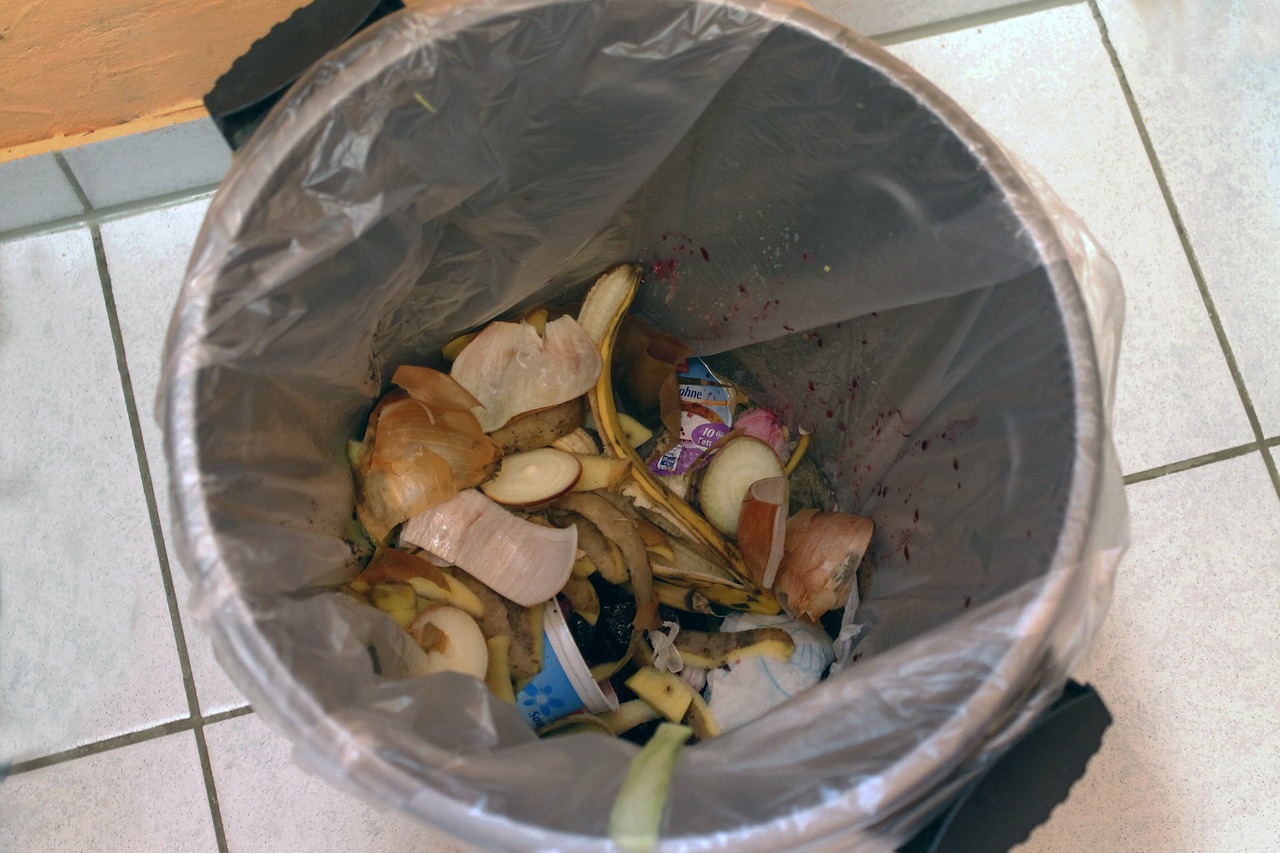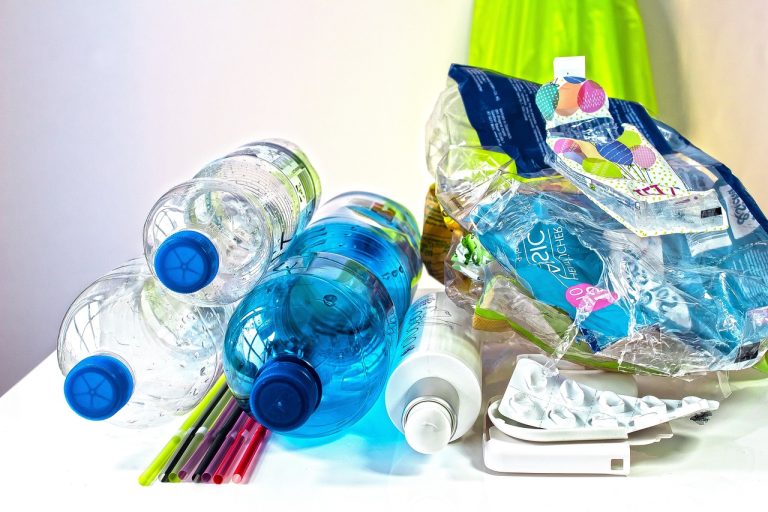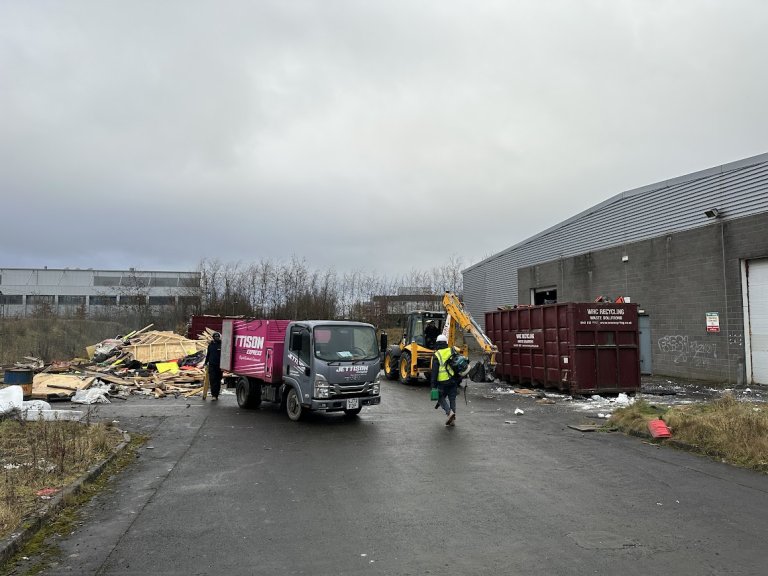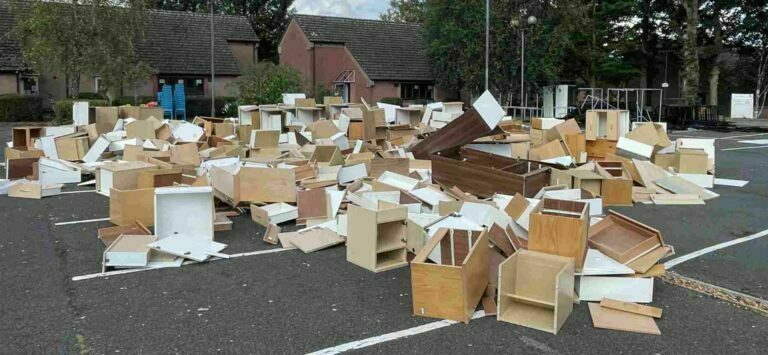Is It Illegal To Put Household Waste in a Public Bin UK
Introduction: Understanding the issue of putting household waste in public bins in the UK
Confused about bin etiquette in the UK? Wondering if it’s okay to toss your household rubbish in a public bin? Dive right in and join the effort for better waste management, from waste collection to recycling! This guide explores the legalities of bin disposal, uncovering the consequences of putting household waste in public binsEncouraging waste collection and recycling can significantly reduce the impact on other essential services. Learn the key differences between public bins and household waste disposal, keeping you on the right side of the law and avoiding hefty fines.
Why is this topic important?
The United Kingdom prioritizes responsible waste management, and the improper disposal of household waste in public bins poses a significant challenge. This practice negatively impacts public spaces in several ways.
Environmental and Aesthetic Concerns: Overflowing public bins due to excess household waste create an unsightly environment and detract from the aesthetics of public spaces. This litter can also attract pests, such as rats and seagulls, posing hygiene risks and potentially causing property damage.
Impact on Sustainability: Improper waste disposal in public bins often includes food scraps and non-recyclable materials. This contributes to landfill waste, hindering national sustainability efforts aimed at diverting waste from landfills and promoting resource conservation.
Financial Burden: Local authorities and waste management services face increased financial strain due to the need for more frequent emptying of public bins overflowing with household waste. This diverts resources from other essential services that benefit the community.
Case Study: A Real-World Example: A small town in Wales serves as a cautionary tale. Residents’ frequent misuse of public bins for household waste resulted in overflowing receptacles, creating hygiene risks and attracting vermin. The local council was forced to implement stricter regulations and educational campaigns to promote proper waste disposal practices.
A Collaborative Approach: Addressing this challenge requires a collaborative effort between individuals, local authorities, and community organizations. Public awareness campaigns can educate residents on proper waste disposal methods. Expanding access to recycling facilities allows for responsible waste management. Additionally, enforcing fines for improper disposal can deter violations.
By taking collective responsibility for waste disposal, the UK can ensure cleaner, greener public spaces free from improperly disposed household and dog waste.
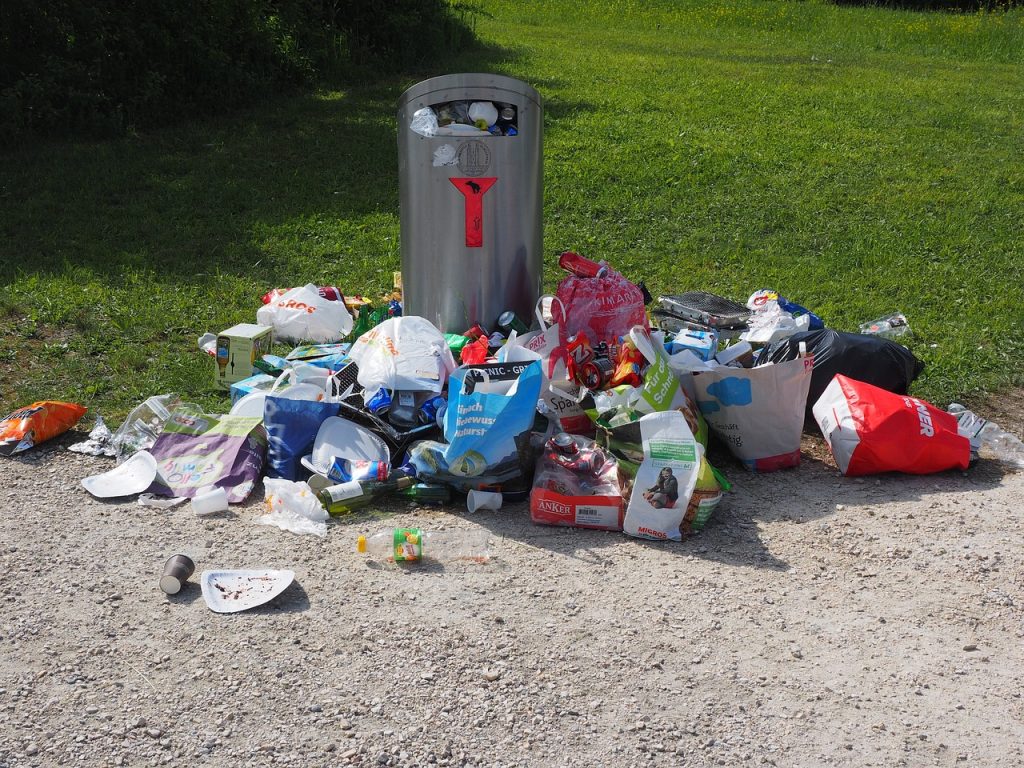
Regulations on waste disposal in the UK
To understand regulations on waste disposal in the UK, delve into an overview of waste management laws and policies. Explore how individuals should understand their responsibility in domestic waste disposal.
Overview of waste management laws and policies
The UK has waste management laws and policies to protect the environment and public health, including regulations on fly tipping and providing fixed penalties for violators. The Environmental Protection Act 1990 sets out responsibilities for waste producers. The Waste Hierarchy promotes reducing, reusing, and recycling. It also includes initiatives such as recycling targets for local authorities and landfill taxes.
Historically, the Control of Pollution Act 1974 was replaced by the Environmental Protection Act 1990. This expanded waste management control. The UK’s waste management laws and policies provide a framework for regulating disposal. This encourages responsible waste management to reduce environmental impact. So individuals must choose rightly where they toss their trash to be an eco-warrior!
Understanding the responsibility of individuals in waste disposal
It’s essential to understand the environmental consequences of our waste disposal actions. Each person has a role in disposing of waste properly and responsibly.
We must segregate different types of waste. Separating recyclable materials conserves resources and reduces landfill usage. We must be conscious of categorizing our waste correctly.
We also have to be aware of hazardous waste, like batteries, electronics, chemicals, and the importance of proper food waste management. Proper disposal is required, following local regulations and using designated facilities or collection programs.
Reducing waste generation is important too. We can do this by reusing items or choosing eco-friendly options, like carrying reusable bags or using refillable water bottles.
Businesses and organizations must implement strategies for reducing waste generation and support responsible disposal.
Responsible waste disposal is about more than just following the rules; it needs an active commitment to sustainable practices. Every individual’s actions have an effect on the environment. Taking ownership of our waste disposal responsibilities helps us build a greener future.
A report by WasteAid UK states only 20% of global e-waste is recycled properly each year. This shows how important it is to dispose of electronics responsibly in the proper litter bin, to avoid environmental harm. We must consider the consequences of not doing so, just like the consequences of trusting politicians to solve the waste disposal crisis.

Consequences of putting household waste in public bins
To understand the consequences of putting household waste in public bins in the UK, let’s explore the impacts on the environment and public health, as well as the legal consequences and potential fines. This section will shed light on the potential harm caused by improper waste disposal and the legal implications one might face for this action.
Impacts on the environment and public health
Placing household waste in public bins can have serious effects on both the environment and public health. For guidance on proper disposal, check the council’s website. Examples of these include:
- Increased pollution levels
- Damage to ecosystems
- Odor and visual pollution
- Harm to wildlife
Plus, plastic waste accumulates and takes hundreds of years to decompose, which can affect marine life.
To protect our environment and well-being, it is essential that we all take responsibility for proper waste management. By recycling, reducing our use of single-use plastics, and disposing of household waste correctly, we can make a positive difference.
Let’s not forget the consequences of improper waste disposal. Take action now and be part of the solution. Don’t miss out on the chance to protect our environment and public health – and avoid those hefty fines!
Legal consequences and potential fines
Breaking waste disposal regulations can result in legal consequences and financial charges. Here’s a summary of fines related to wrong use of public bins:
| Offense | Fine |
|---|---|
| Littering | £80-£150 |
| Dumping big stuff | £200-£400 |
| Leaving bags next to bins | £80-£100 |
Besides these fines, note that repeat offences may bring higher charges. And some places make offenders do community service instead of money fines.
Pro Tip: To stay away from legal issues, always get rid of household waste as per local instructions.
Trashy secrets: Don’t use public bins – your neighbours will be grateful, and so will your guilty conscience!
Alternatives to disposing of household waste in public bins
Ditch the public waste bin! Explore sustainable solutions for UK household waste disposal. We’ll delve into recycling options and their environmental advantages, along with proper waste disposal methods and designated facilities. Let’s become waste management champions and embrace eco-friendly practices for a greener future.
Recycling options and benefits
Recycling has multiple benefits, such as:
- Reducing pollution
- Conserving resources
- Saving energy
- Creating jobs
- Protecting the environment
It also promotes environmental education and encourages responsibility towards sustainability. Therefore, it is important for each individual to take part in recycling initiatives. Little steps such as segregating waste at home or supporting local recycling programs can make a huge impact. Let’s make conscious choices that will positively influence our surroundings and manage waste responsibly for the benefit of future generations.
Proper waste disposal methods and facilities
Text:
Separation: Waste disposal begins with separating the different types. These could be recyclables, organic waste, or non-recyclables. By sorting our waste beforehand, we can improve recycling and reduce landfill waste.
Recycling facilities: Recycling centers are vital for proper waste disposal. Here, paper, plastic, glass, and metal can all be processed. By using these facilities, we help create a circular economy where resources are conserved and reused.
Hazardous waste disposal: We must handle hazardous waste with care. Batteries, paint, cleaning chemicals, and electronics must not be put in regular bins or down the drain. Local authorities have drop-off points and collection events for these items to ensure safe disposal.
To make informed decisions, it’s important to understand the details of waste disposal. Composting food scraps at home cuts methane emissions from landfills and provides nutrient-rich soil for gardening. Plus, some areas have bulk item collection services for larger items like furniture or appliances.
In the past, improper waste disposal caused environmental pollution and health hazards. However, with regulations and facilities for responsible disposal, sanitation standards have improved and the impacts on our environment have decreased.
By choosing the right waste disposal methods and facilities, we can contribute to a cleaner and more sustainable future. Let’s embrace these options and responsibly manage our rubbish, including food waste and dog waste, to save our planet. Don’t forget, proper waste management is not just a suggestion in the UK, it’s bin-forcement!
Conclusion: Encouraging responsible waste management practices in the UK.
It is essential for the UK to encourage responsible waste management for a sustainable future. We must be aware of our responsibilities and take the right actions for proper disposal.
We need to use designated bins and recycling facilities, not public bins. This reduces negative impact on the environment and promotes a cleaner society.
Educational campaigns should be organized to inform people about the importance of recycling and proper disposal methods. People should be made aware of the consequences of improper waste management, such as pollution and harm to wildlife.
Local authorities and governing bodies should also play a role. They can introduce stricter regulations and policies regarding waste management, and provide convenient recycling facilities in residential areas.
We must take responsibility for our waste or risk damaging our environment and health. We should make a priority of living in a clean, sustainable environment. We can make a difference by taking small but impactful actions in our daily lives. Let us embrace responsible waste management practices and create a greener future.

